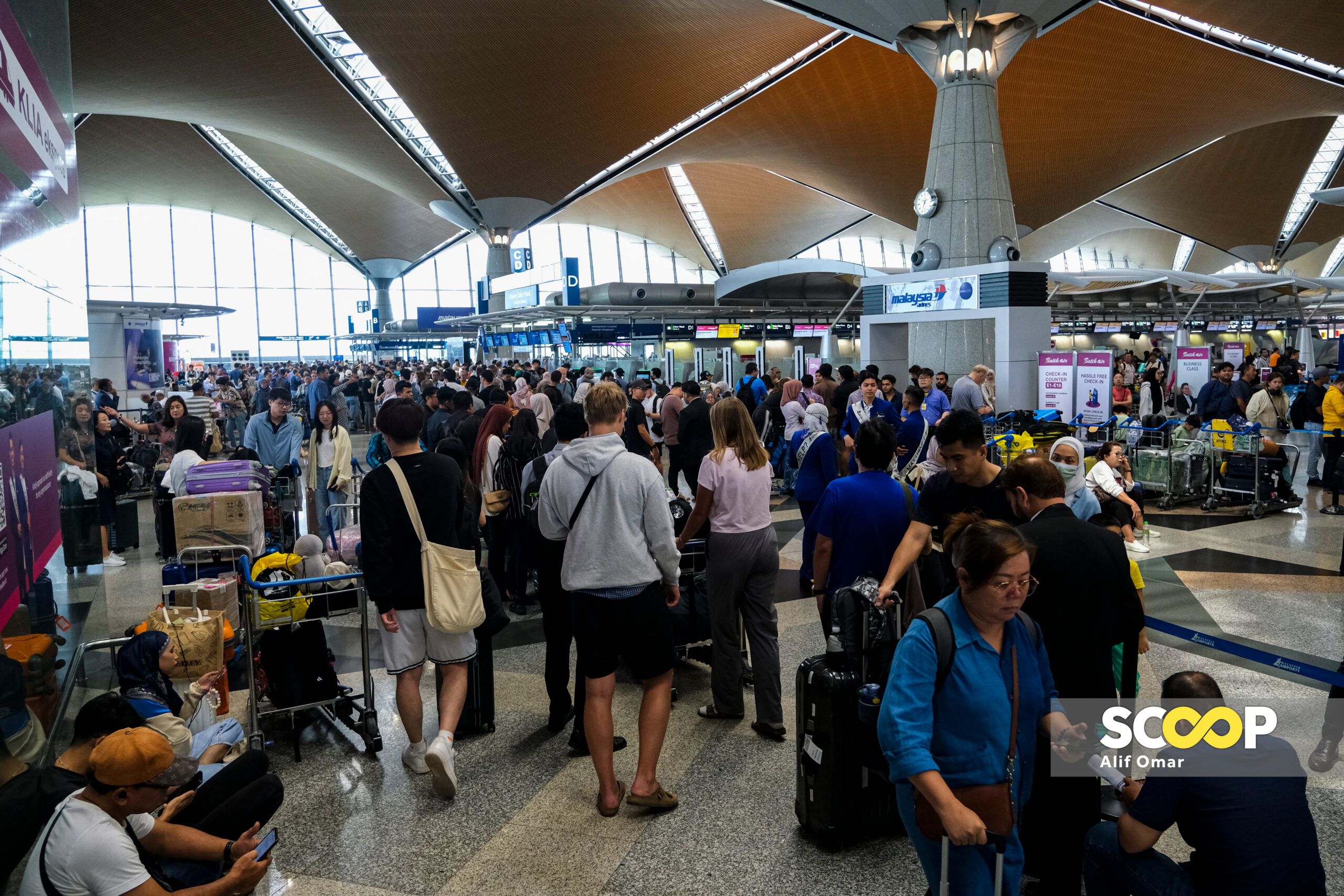KUALA LUMPUR — Attacks targeting Hezbollah members in Lebanon using handheld communications devices in the last two days may signal “the end of phones and computers on airplanes”, an American security analyst said.
Dr Michael Rubin, a former Pentagon official and now with the American Enterprise Institute, questioned if all it took for a hostile party to launch an attack was to remotely detonate devices carried by passengers onboard aircrafts.
“The question for security experts — and certainly one on which Al Qaeda now works — is whether the operation presumably carried out against Hezbollah pagers could be replicated on American or European cell phones or other electronic equipment,” he wrote in the National Security Journal.
“Hezbollah might have been today’s target, but today’s events may have the most profound impact on the aviation industry since 9/11,” he added, referring to the terrorist attack on the World Trade Centre’s twin towers in New York on September 11, 2001 using airplanes.
On Tuesday, blasts occurred across Lebanon simultaneously as pagers carried by Hezbollah members exploded, killing 12 people including two children, and injuring more than 2,000.
The pagers are believed to have been supplied to Hezbollah by Iran a few months ago, but foreign media are reporting that the devices were Israeli-made. The Lebanese mission to the UN was reported saying the detonations were caused by “electronic messages”.
Yesterday, another wave of explosions occurred in Beirut, southern and eastern Lebanon when walkie-talkies used by Hezbollah members detonated.
Lebanon’s Health Ministry said the death toll was 25, with at least 608 injured.
Rubin said the attacks launched through the devices was “a unique operation and demonstrated both Israel’s technological capabilities as well as its penetration of Hezbollah and Iranian networks”.
Israel has yet to comment officially on the attacks.
Rubin, who is director of policy analysis at the Middle East Forum, added that the ramifications of these attacks “go far beyond the Middle East”.
“Put another way, who needs box cutters or an underwear bomb to bring down an aircraft if a signal could overheat, if not detonate a couple hundred tablets or phones at 30,000 feet above the Atlantic?”
Since the September 11, 2001 attacks on US soil, airlines have required air travellers to limit the amount of liquids brought onboard and subjected passengers and their electronics to strict checks.
Rubin, however, questioned if even WiFi on flights would also come to an end if it is used to transmit signals to explosive devices. — September 20, 2024

